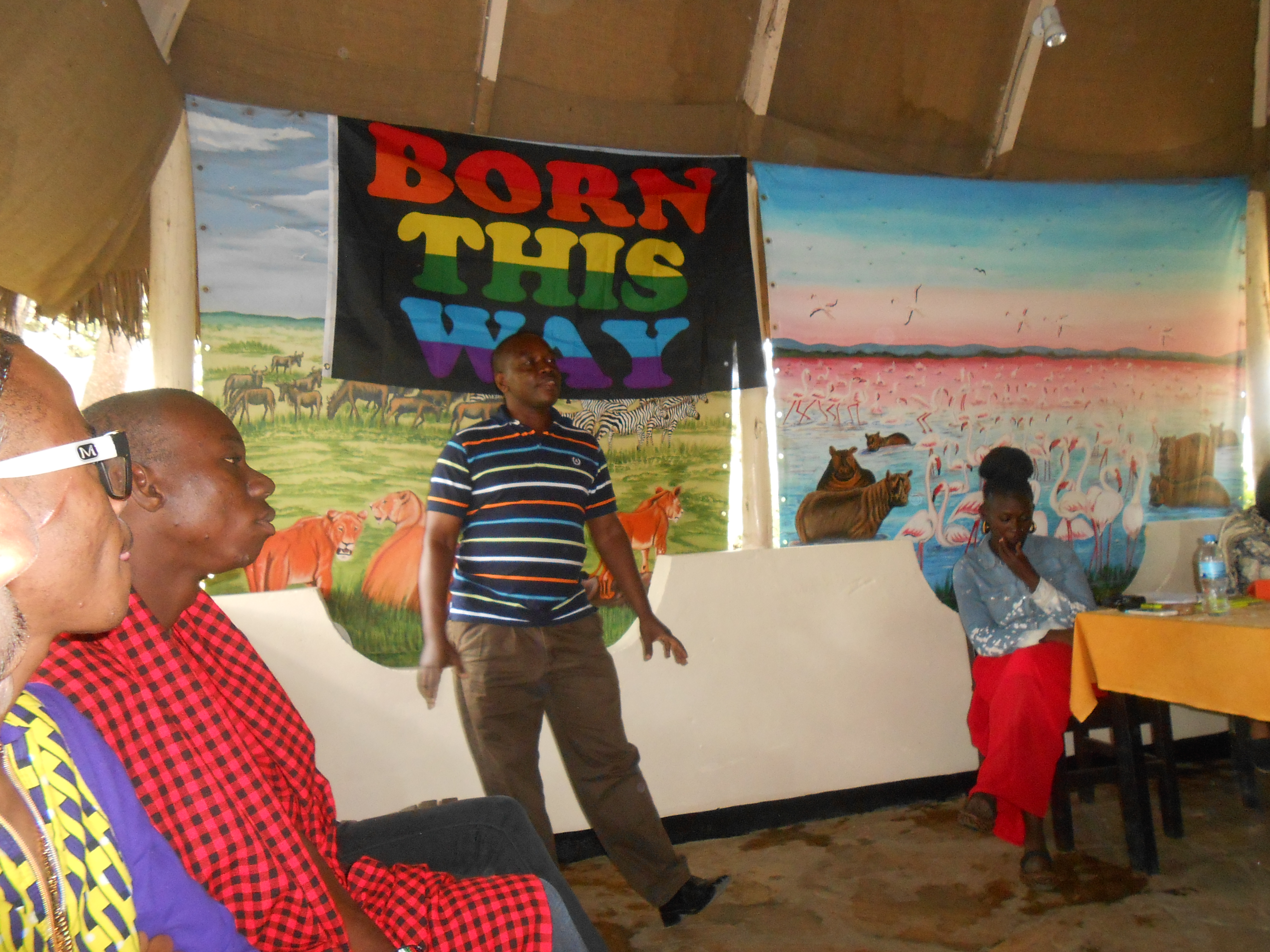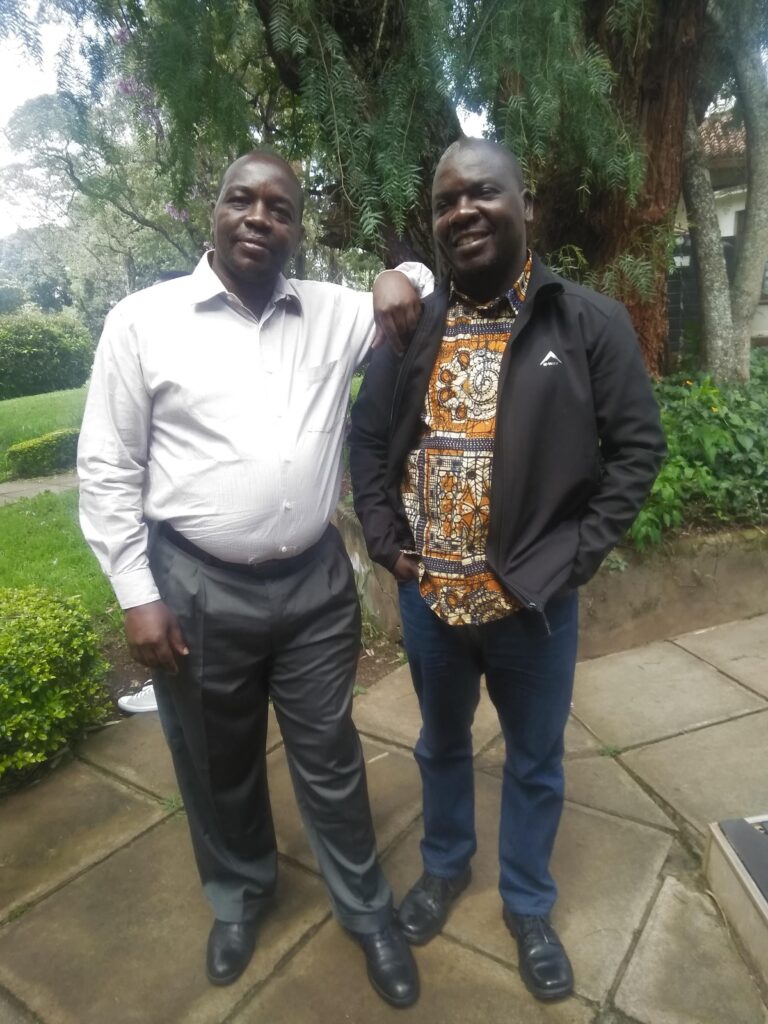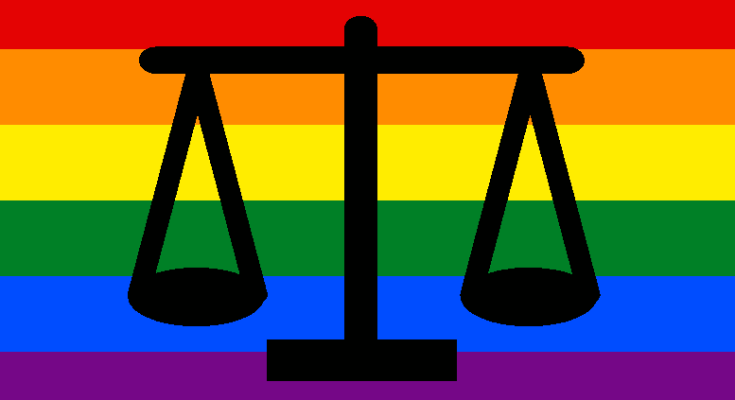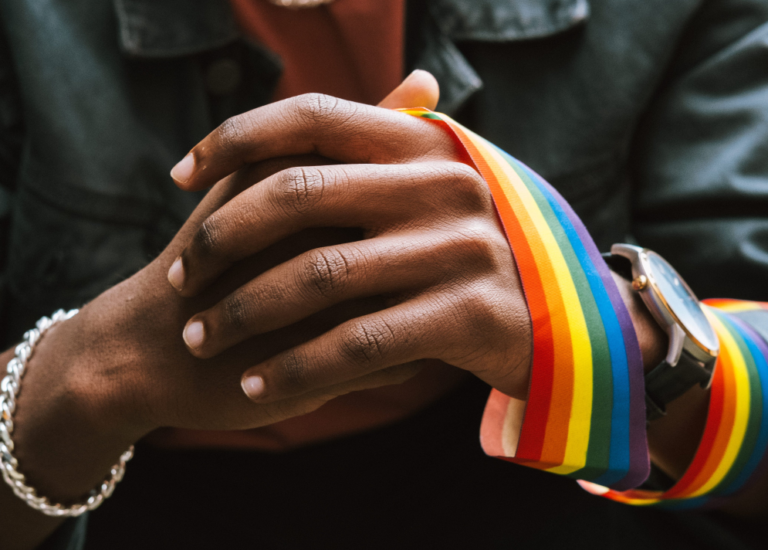
Homophobia in Tanzania is not rooted in traditions and cultures, but rather, it is a consequence of colonial laws and religious teachings. The influence of colonialism on Tanzanian society cannot be overlooked, as it has shaped societal attitudes and norms. During the colonial era, European powers imposed their own legal systems, which criminalized same-sex relationships and created a hostile environment for LGBTQ+ individuals.
Religious teachings have also played a significant role in perpetuating homophobia in Tanzania. Many religious leaders promote the belief that homosexuality is sinful and goes against the teachings of their faith. This has led to the stigmatization and marginalization of LGBTQ+ individuals within the Tanzanian society.
To understand the impact of colonial laws and religious teachings on homophobia in Tanzania, it is important to consider the experiences of LGBTQ+ individuals. They often face discrimination, violence, and social exclusion. For example, same-sex couples are not recognized by the law and are denied the same rights and protections as heterosexual couples. LGBTQ+ individuals also face difficulties in accessing healthcare, education, and employment opportunities due to their sexual orientation or gender identity.
Statistics further highlight the extent of homophobia in Tanzania. According to a survey conducted by the Pew Research Center in 2013, 95% of Tanzanians believe that homosexuality should not be accepted by society. This staggering number reflects the deeply ingrained homophobia within the country.
It is crucial to recognize that homophobia in Tanzania is not a reflection of the country’s traditions and cultures. Tanzania is a diverse nation with a rich history and a variety of cultural practices. Homophobia is a product of external influences that have shaped societal attitudes and perceptions.
Efforts to combat homophobia in Tanzania should focus on challenging the colonial legacy and promoting acceptance and inclusivity. This can be achieved through education and awareness campaigns, legal reforms, and the empowerment of LGBTQ+ individuals to speak out against discrimination. By addressing the root causes of homophobia, Tanzania can strive towards a more inclusive and accepting society for all its citizens.




